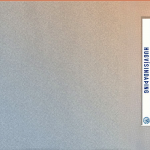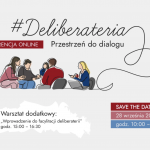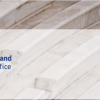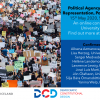Political Agency after Covid-19
Political Agency after COVID-19: Representation, Power, Constitutions. The online conference Was held 15 May 2020
Conference program and video’s are available here.
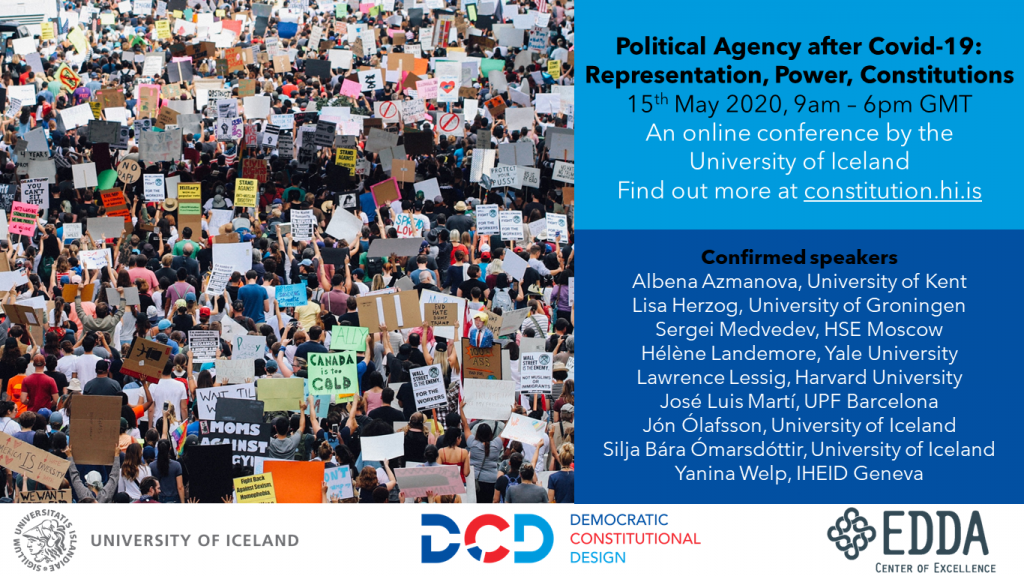
Deliberative mini-publics facilitating voter knowledge and judgement: Experience from a Finnish local referendum
Maija Setälä, Turku University, Thursday 12 March 2020
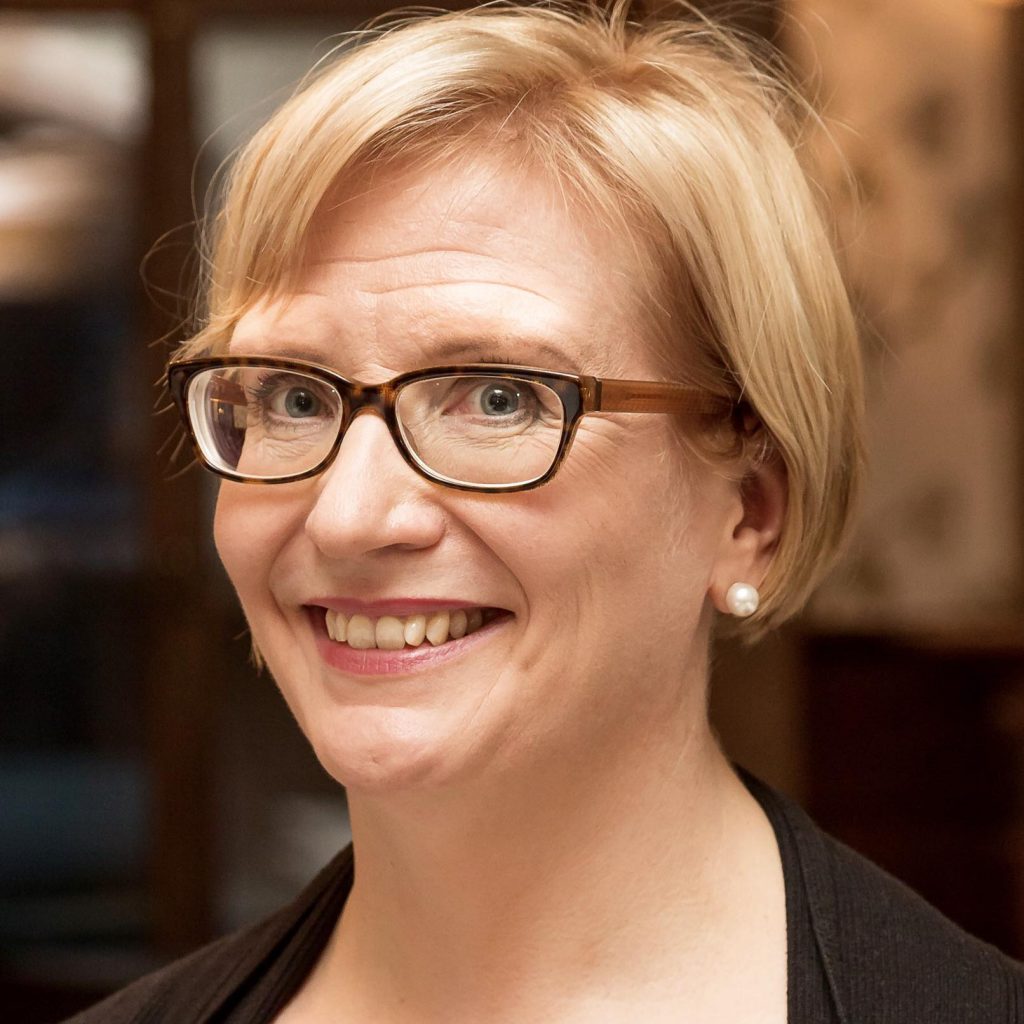
Can a Citizens’ Jury serve as a trusted source of voter information in the context of a government-initiated (top-down) referendum? Several studies show that Citizens’ Initiative Review (CIR) enhances voters’ knowledge and capacity of judgement in a ballot initiative processes. However, similar procedures have not been tested outside the U.S. or in the context of top-down government-initiated referendums. Maija Setälä and her colleagues studied a Citizens’ Jury on Referendum Options organized in the municipality of Korsholm in Finland in 2019. Even though the referendum concerned a contested municipal merger, they found that the Jury participants were nonetheless satisfied with the deliberative process and found it impartial. Furthermore; a large majority of voters had read the statement and thought it was a useful and trustworthy source of information. They also fount that reading the statement increased trust in the jury, factual knowledge, issue efficacy and perspective-taking.
Preliminary results from the Deliberative Poll on the Icelandic Constitution
University of Iceland, January 26, 2020
The preliminary results from the Deliberative Poll were presented 26 January. Participation in discussion, a chance to study the issues and ask experts about them influences participants views on the the Icelandic Constitution and amendments to it. The changes are in some cases quite substantial.
In some areas no significant changes were seen before and after the deliberative meeting. Views on the Icelandic presidency e.g. did not change much. In other areas significant changes were detected, such as participant views about what the constitution should say about the status of international agreements, about the Parliament’s power to indict ministers and the Court of Impeachment.
Further material and detailed reports on the results the Deliberative Poll are accessible here and a pdf of the presentation is available for download here.
Lawrence Lessig: What the Crisis in America’s Democracy Says About Democracy Anywhere
Veröld, hús Vigdísar Thursday 23. January, 2020
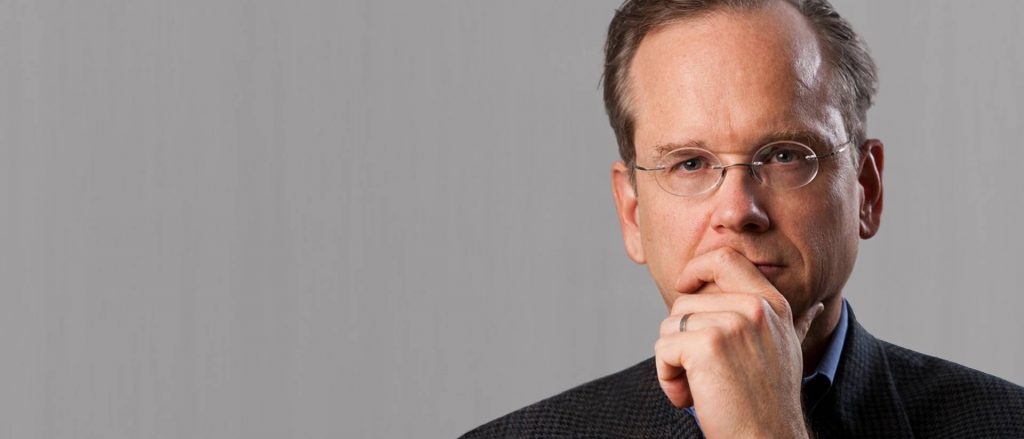
In this talk, Lawrence Lessig argued that the democratic crisis in the United States has less to do with the United States – more with democracy anywhere in the world. New technologies have impacted modern society to the extent that democracy itself is at stake. The world is in desperate need of a renewal of democratic practices and methods so that democracy will be able to flourish, despite the social and technological challenges we currently face.
Negotiating Civic Engagement, Institutional Control and the Common Good
26 September 2019, University of Iceland, Veröld – Main audutorium
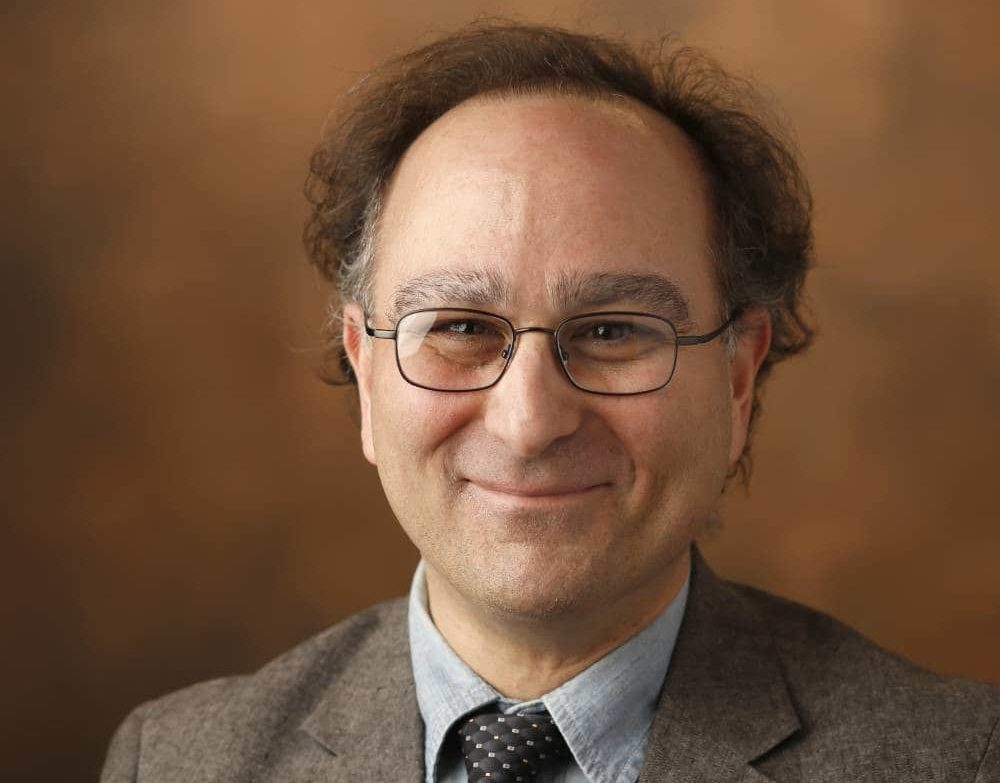
In this talk Robert Talisse draws from his new book, Overdoing Democracy, presenting recent findings on political polarization. Although common analyses recommend that the way to address with polarization is to encourage citizens and politicians to “reach across the aisle,” data show that this strategy frequently backfires, escalating rather than easing partisan hostility. Offering an alternative approach, Talisse argues that polarization is a result of the near total infiltration of political allegiances and identities into our social lives. Today, our everyday activities are increasingly fused with our political profiles: commercial spaces, workplaces, professions, schools, churches, sports teams, and even public parks now tend to embody a particular political valence. When politics is permitted to saturate our social environments, we impair the capacities we need in order to enact democracy well. In a slogan, when we overdo democracy in this way, we undermine it. The solution is to build venues and activities where people can engage in cooperative activities together in which their political identities are neither bolstered nor suppressed, but simply beside the point. If we want to do democracy well, we need to put politics in its right place.
